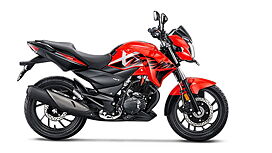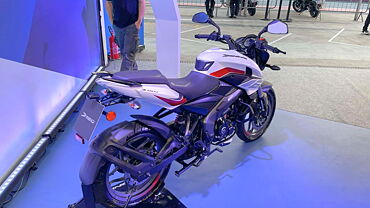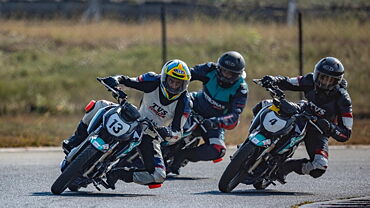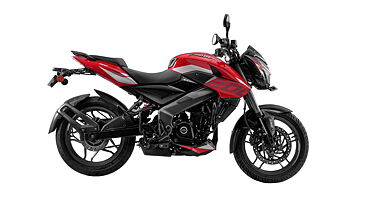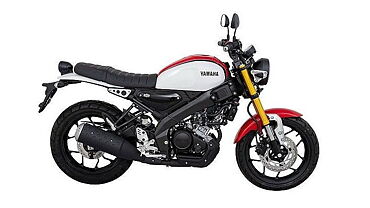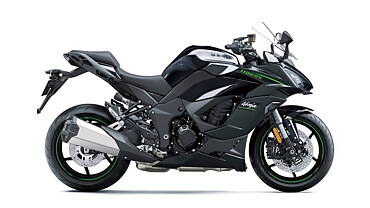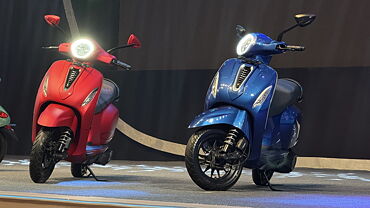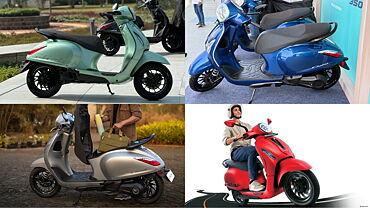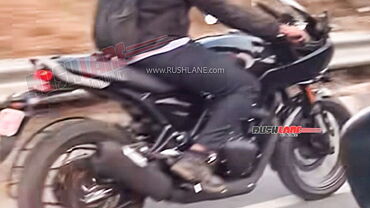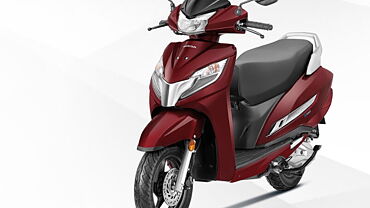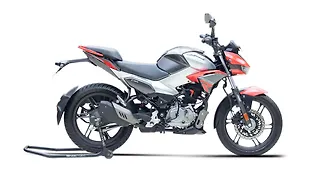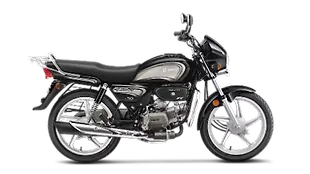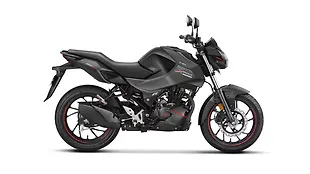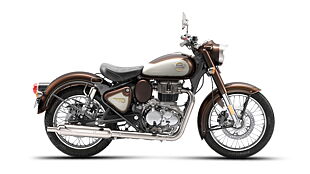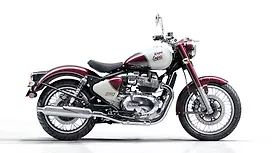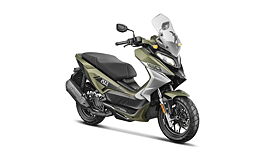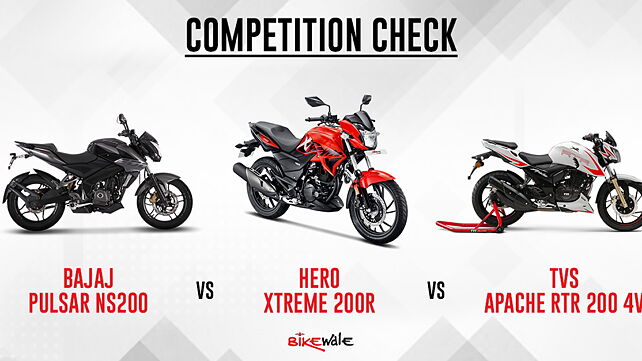
The Xtreme 200R has finally made it to the showrooms, over two and a half years after we got our first glimpse at the prototype at the 2016 Auto Expo. The motorcycle marks Hero’s re-entry in the premium commuter segment. However, the segment already has two strong and well-established contenders. We take a look at how the Xtreme 200R stacks up against the Bajaj Pulsar NS200 and the TVS Apache RTR 200 4V in this on-paper comparison.
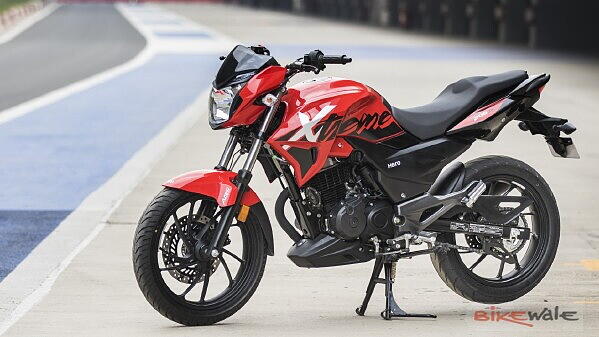
Design
Although the Hero Xtreme and Xtreme Sports had always been targeted at an audience looking for a sporty motorcycle, the design was a little conservative and lacked excitement. This has now changed with the Xtreme 200R. It gets a sculpted tank with sharp extensions, loud decals and some really attractive paint schemes, which make it a looker. It might not be as sporty as the other two motorcycles in this list, but it still is a huge improvement over the previous designs. Look closer, and there are signs like the straight handlebar and the single-piece seat, which show that a few of the functional bits are still conservative.
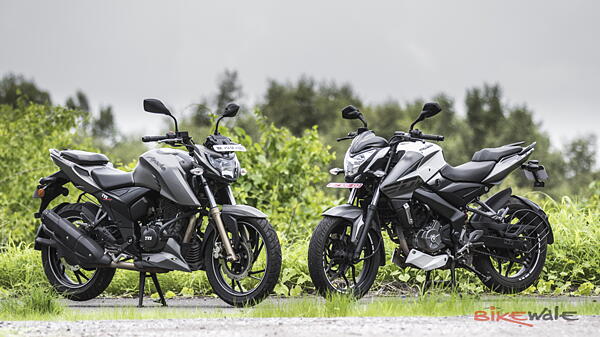
The Pulsar and Apache have always been aspirational badges, which have churned up sporty motorcycles. The NS200 and the RTR 200 4V are no exceptions. They boast of muscular tanks with extensions, sharp headlamps, split seats and clip-on handlebars which give them a sporty appeal.
The Apache is the only bike here to get a full digital display, the other two get an analogue tachometer paired up with a digital display. The consoles on the Xtreme and the Pulsar also falls short of functionalities like the gear position indicator, top-speed recorder, lap time recorder and 0-60kmph time recorder. Both the Pulsar and the Apache get shift lights.
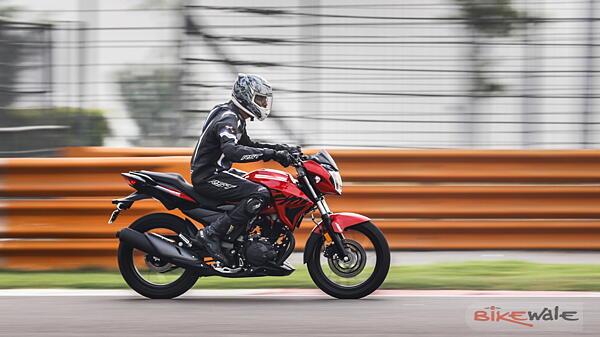
Engine
The Xtreme is powered by a 199cc air-cooled single-cylinder engine, which is based on the Achiever’s powertrain. This engine gets a balancer shaft to cut down on vibrations. It delivers 18.2bhp and 17.1Nm of torque, and is mated to a five-speed gearbox. The Xtreme 200R is the least powerful motorcycle in this list.
The Apache gets a 198cc engine with a four-valve head and an oil-cooler, again with a five-speed gearbox. It is significantly more powerful at 20.7bhp and 18.3Nm of torque. The Pulsar however, comfortably eclipses both these bikes. The 199cc liquid-cooled engine produces 23.2bhp and 18.3Nm of torque. It also benefits from a six-speed gearbox and three spark plugs which Bajaj claims improves efficiency and emissions without compromising the performance.
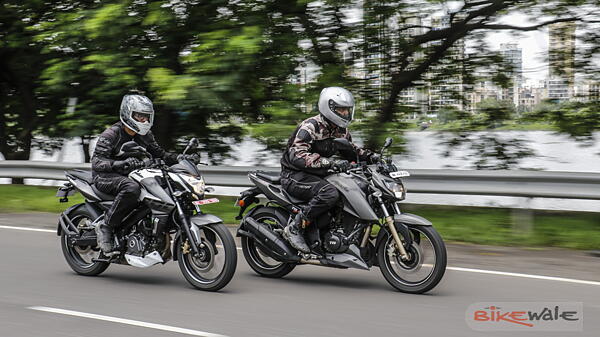
Cycle parts
The Xtreme is built around a diamond type chassis, the Pulsar is based on a perimeter frame while the Apache gets a double cradle frame. All three motorcycles here ride on telescopic front forks and a rear monoshock. The Apache boasts of a KYB suspension setup, although it is the only one to miss out on preload adjustability on the monoshock.
The Apache gets a 270mm disc which is the smallest in class, followed by the Xtreme at 276mm and the Pulsar at 300mm. However, the Apache boasts of the biggest rear disc, at 240mm, followed by the Pulsar at 230mm and the Xtreme at 220mm. While the Xtreme gets a single-channel ABS as standard, the Pulsar gets it as an optional extra. This Pulsar variant also gets a larger 280mm rear disc brake. The Apache is the only bike here to get the option of a dual-channel ABS. Both the Apache and Pulsar get 12 litre fuel tanks while the Xtreme gets a slightly larger 12.5 litre tank.
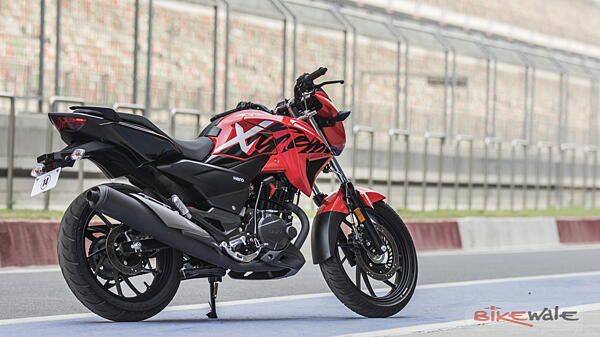
Pricing
The Hero Xtreme 200R is the most value-for-money offering here, with a price tag of just Rs 88,000. The TVS Apache RTR 200 4V costs Rs 96,230 while the Bajaj Pulsar NS200 retails at Rs 1,00,179. However, prices of both these bikes are for the non-ABS variants. Opting for this safety feature will set you back by Rs 1,10,030 and Rs 1,12,179 for the Apache and the Pulsar respectively. All prices are ex-showroom.

